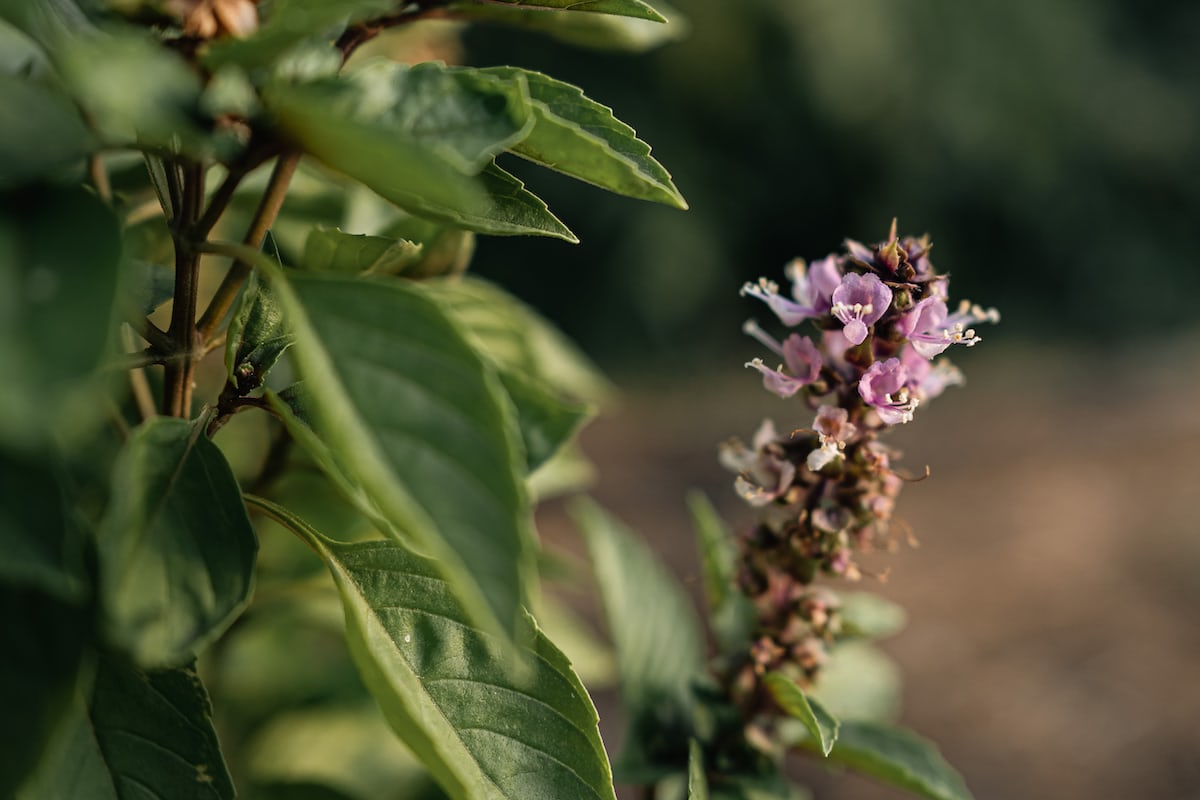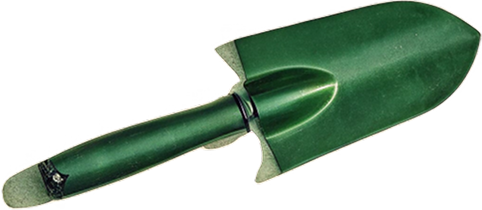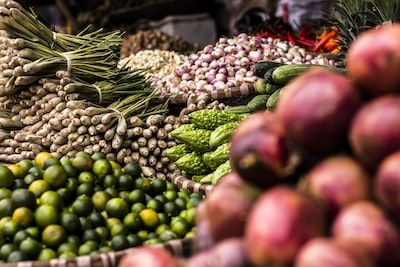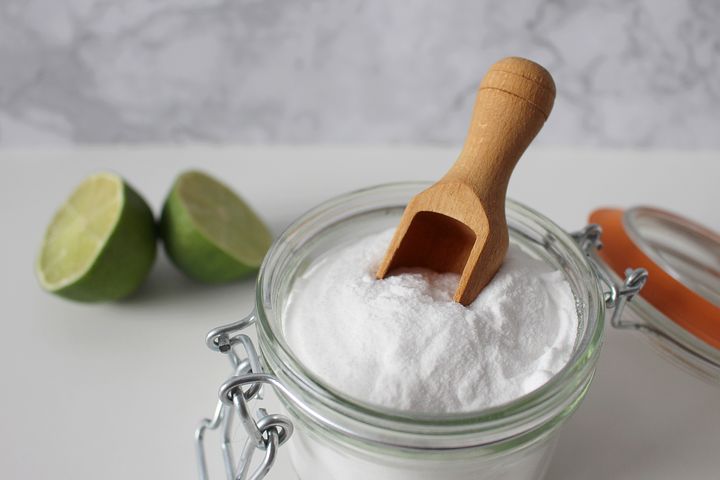Fresh Herbs: How to Keep Them Fragrant and Lasting Longer

Fresh Herbs
To savor the vibrant punch of fresh herbs, treat them like fine wine—trim the stems, place upright in water, and loosely cover with a breathable bag. Avoid fridge burn: give your fresh herbs room to breathe, storing delicately leafy varieties upright in jars on the counter and woody stems in the fridge. Preserve intensity and aroma by freezing chopped fresh herbs in olive oil cubes for future flavorful blasts.
Follow these simple tips to keep herbs at their freshest, most aromatic best.
Cheatsheet: Preserve Herb Freshness & Aroma
🌱 Choose & Store Smart
- Trim stem ends before storing (like flowers).
- Hard herbs (rosemary, thyme): wrap in damp paper, place in bag, refrigerate.
- Tender herbs (basil, cilantro): stand upright in jar with 1 in/2.5cm water, cover loosely, refrigerate (except basil: keep at room temp).
- Avoid washing until use, moisture speeds spoilage.
💧 Hydration Hacks
- Change jar water every 2 days.
- Mist leaves lightly if wilted.
- Rotate for even light if kept on countertop.
🧊 Freeze to Lock Flavor
- Chop herbs, fill ice cube tray, cover with olive oil or water, freeze. Transfer cubes to bag for up to 6 months.
- Retains up to 85% aromatic oils.
🥗 Freshness = Nutrition
- Herbs lose 25-45% vitamin C in 3 days unrefrigerated.
- Proper storing boosts shelf life by 4-7 days.
- Grow-your-own: highest nutrient & flavor retention.
🛠️ Tools and Products You'll Need
- Sharp scissors
- Glass jars or small vases
- Paper towels
- Plastic bags or reusable covers
- Ice cube tray (for freezing)
- Filtered water
✅ Quick Steps for Maximum Life
- Snip 1/2 in (1cm) off stems. Remove yellow or wilted leaves.
- Sort into hard vs. tender herbs. Prep storage as above.
- Store in fridge or on counter depending on herb type.
- Change water every 2 days, check for spoilage.
- Freeze extra for future meals.
The Art of Harvesting Fresh Herbs: Timing Counts
I've learned through years of muddied hands and sun-drenched afternoons that nothing beats fresh herbs straight from the garden. The instant you pluck an herb, its lively scent begins to fade; hence, harvesting correctly matters.
Early mornings, right after dew fades but before the sun heats up—around 8 AM—give the most fragrant leaves. At this hour, aromatic oils peak, offering maximum freshness and vivid flavors.
How to Harvest Properly
- Use sharp scissors or garden shears to prevent bruising.
- Trim branches gently, leaving at least one-third intact to encourage healthy regrowth.
- Harvest regularly; frequent trimming stimulates herb growth.
"Choosing the proper time to harvest herbs can preserve up to 75% more flavor and aroma compounds." — Herb Society of America
The Quick Chill: Storing Fresh Herbs Immediately
I once returned triumphantly from the garden, herbs in hand, only to toss them carelessly on the kitchen counter and return hours later to wilted sorrow. Lesson swiftly learned.
Always refrigerate herbs immediately after cutting to prolong their vibrancy. A gentle rinse, a little shake-off, then wrapping lightly in moist paper towels keeps them fully alive for days.
The Jar Trick
This is my go-to method, straightforward and brilliantly effective:
- Trim stems slightly, just like fresh flowers.
- Place herbs upright in an inch (2.5 cm) of cool water in a glass or jar.
- Cover loosely with a plastic bag or reusable silicone cover.
- Store upright in the refrigerator door.
Dill, cilantro, basil—this simple technique holds their freshness deep into the week.
Drying with Style: Preserving Fresh Herbs for Later
Fresh herbs delight the senses, but let’s admit—dried herbs have their place too. With a handful of summer thyme and oregano surplus, I often turn to air-drying for future feasts.
Steps to Air-Dry Correctly
- Tie small herbal bundles loosely with twine.
- Suspend upside-down in a warm, ventilated area away from direct sunlight for one to two weeks.
- Once leaves crumble easily between fingertips, remove from stalks gently.
- Store in airtight containers, labeled with the drying date.
No patience for the slow dance of air-drying? Oven-drying offers quicker gratification: spread leaves thinly on parchment-lined baking sheets and bake at your oven’s lowest temperature (around 175°F / 80°C) until crisp, about 1–3 hours.
Freezing Herbs: Fresh Flavors Year-Round
On chilly winter evenings, fresh rosemary tucked away mid-summer makes dinners unforgettable. Trust me; a savory stew benefits immensely from a sprightly herb cube popped straight from the freezer.
The Herb Cube Method
- Chop herbs finely; fill ice-cube trays two-thirds full.
- Cover with olive oil or broth to preserve intensity.
- Freeze until solid, then transfer cubes into airtight freezer bags or containers.
Nothing brightens sauces, soups, or grilled dishes like a herb-infused cube in the dead of winter.
"Proper freezing maintains herb quality so effectively that up to 85% of their original aroma remains intact." — National Gardening Association
Mind Where They Rest: Proper Herb Storage in Your Kitchen
Here’s an overlooked aspect—your herb stash's placement matters greatly. I once left a jar full of basil against the kitchen window; it wilted sadly within hours under direct sunlight.
Place freshly cut herbs carefully away from direct sun, all heat sources, pungent ingredients, and moisture-heavy areas. A shaded, airy countertop corner or inside a pantry shelf works wonders in preserving their vivacity.

Want smarter plant choices? 🪴
Frequently Asked Questions About Keeping Herbs Fresh
What's the ideal method to store freshly harvested herbs?
Store fresh herbs like parsley, cilantro, and mint by trimming their stem ends and placing them upright in a jar filled with about 1–2 inches (2.5–5 cm) of cool water. Loosely cover the herbs with a plastic bag and keep them refrigerated. Woody herbs such as rosemary or thyme stay fresh longer when wrapped loosely in a damp paper towel and placed in an airtight container or sealed bag.
How long do fresh herbs typically last when stored properly?
Properly stored fresh herbs like parsley, cilantro, and mint remain flavorful and aromatic for about 7–10 days in the refrigerator. Hardier herbs like rosemary, thyme, and oregano typically remain fresh for approximately 2 weeks.
Can I freeze fresh herbs to preserve their flavor?
Freezing herbs preserves flavor and fragrance effectively. To freeze herbs, finely chop and portion them into ice cube trays filled with water or olive oil. Once frozen solid, transfer these cubes into an airtight freezer-safe container or bag. Frozen herbs maintain good flavor quality for around 6 months.
What temperature ensures optimal freshness for herb storage?
Most fresh herbs remain fragrant and flavorful when refrigerated between 35–40°F (2–4°C). Avoid storing herbs at colder temperatures, as freezing can damage their cellular structure and lead to flavor loss.
What should I do if my fresh herbs begin to wilt?
Revive wilted herbs quickly by trimming their stem ends and placing them in a glass of cool water at room temperature for about 20 minutes. Herbs quickly perk up, regaining flavor and fragrance. Afterward, store them properly in the refrigerator.
Are fresh herbs better dried or frozen for long-term storage?
Freezing tends to preserve more vibrant flavor and fragrance compared to drying, especially for soft herbs like basil, cilantro, and parsley. Woody herbs such as rosemary, thyme, and oregano hold their character well either frozen or dried. The best preservation method depends on intended culinary use and personal preference.
Fresh herbs bring something special to the kitchen: a punch of flavor, a burst of fragrance, a sense of the living garden. Keep them thriving by trimming often, storing them right, and never letting them dry out or rot in a dark fridge corner. If you’ve got a sunny windowsill or a patch of light, you can grow herbs indoors year-round—nothing beats snipping what you need, right when you need it. And if your bunches start to wilt, remember: sometimes a glass of water or a damp towel can bring them back to life. Treat fresh herbs with care, and they’ll reward you with bold flavors and vibrant color, week after week.
Health Benefits of Cooking with Fresh Herbs
Nutritional Boost from Common Herbs
- Basil: Antioxidants; vitamin K supports bone density
- Parsley: High vitamin C (133% daily in half cup/30g); supports immune health
- Rosemary: Contains carnosic acid, noted for cognitive protection
- Mint: Menthol promotes digestion, alleviates nausea symptoms
- Cilantro (Coriander): Potassium-rich; helps regulate blood pressure
Fresh Herbs vs. Dried: Nutrient Retention
Fresh herbs contain higher levels of vitamins A and C compared to dried varieties. However, dried herbs like oregano and thyme preserve antioxidants more effectively after drying.
Herbal Impact on Salt Reduction
Using aromatic, flavor-rich herbs (thyme, oregano, basil) reduces salt intake naturally, benefitting cardiovascular health.
Immune Protection from Culinary Herbs
Thyme and oregano feature potent antibacterial compounds; regular use fortifies immunity and helps prevent minor infections.
Quick Storage Tip for Maximum Health Impact
To retain optimal nutrients and flavor, store refrigerated herbs between 35-40°F (1.7-4.4°C) wrapped loosely in damp paper towels.
Find out which plants will thrive in your garden!
Answer a few fun questions and get custom plant recommendations perfect for your space. Let’s grow something amazing together!

start your season





